Environmental engineering is a career path that combines science, technology, and creativity to combat some of today’s most pressing global challenges. From addressing climate change to managing waste sustainably, environmental engineers play a vital role in improving the health of our planet.
If you’ve been considering pursuing a career as an environmental engineer in the UK, this guide will walk you through everything you need to know—from qualifications to salary insights and career prospects.
What is an Environmental Engineer?
While you may have some idea of what an environmental engineer is, you may not know the specifics. Let’s define the job role so you know exactly what it entails.
Definition and Role
An environmental engineer is a professional who uses scientific principles and engineering techniques to tackle environmental challenges. Their work focuses on reducing pollution, improving waste management, and creating sustainable solutions to preserve natural resources. Environmental engineers may also offer consultancy services in order to help clients find solutions to their environmental issues.

Skills Required
To excel as an environmental engineer, you’ll need more than just a knack for science. Here are some critical skills for the role:
- Problem-solving and analysis to devise efficient solutions for environmental issues.
- Attention to detail when designing systems or conducting audits.
- Strong communication skills to collaborate with teams and inform stakeholders effectively.
- Teamwork abilities to coordinate projects across different sectors.
Key Responsibilities
The day-to-day duties of an environmental engineer can vary, but typical responsibilities include:
- Designing waste management systems to ensure proper disposal and recycling.
- Conducting environmental assessments to monitor pollution and its effects.
- Collaborating with government agencies to create and implement environmental policies.
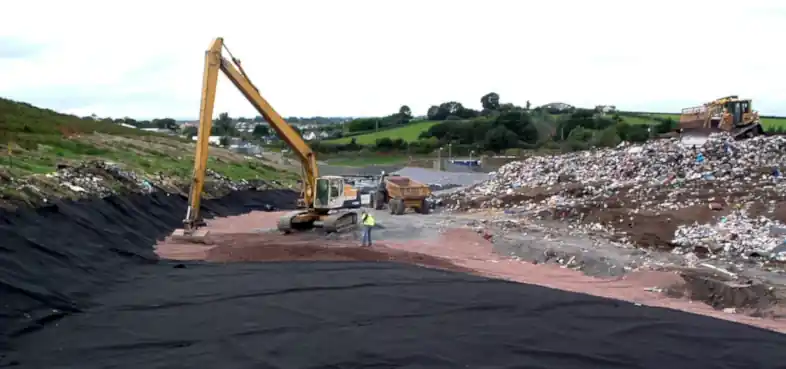
Key Qualifications to Become an Environmental Engineer in the UK
Qualifications for becoming an environmental engineer in the UK are really important. Make sure you know what you need so you start off on the right foot.
1. Academic Requirements
Becoming an environmental engineer starts with the right education.
Schooling Requirements
A strong foundation in science and maths is essential. At the GCSE level, you’ll typically need at least four GCSEs (grade A-C), including Maths and Science. At A-level, focus on subjects like Chemistry, Biology, Physics, and Maths to prepare for the technical nature of the role.
Related Degree Options
To further your education, pursue a relevant degree such as:
- Environmental Engineering
- Civil Engineering
- Chemical Engineering
- Mechanical Engineering
For aspiring environmental engineers, degrees with an environmental or sustainability focus are particularly advantageous.
Do You Need a Master’s Degree?
While not mandatory, a master’s degree can help you specialise in areas like air quality monitoring or renewable energy systems. It’s an excellent option for those aiming for senior roles or research positions.
2. Professional Certifications
Chartered Engineer Status
To set yourself apart in the competitive field of environmental engineering, consider becoming a Chartered Engineer. This status, granted by organisations like the Engineering Council, demonstrates your expertise and enhances your job prospects.
Relevant Certifications
Additional certifications, such as the Construction Skills Certification Scheme (CSCS) card, may be necessary for site-based roles. Make sure to research the specific requirements of your preferred career path.
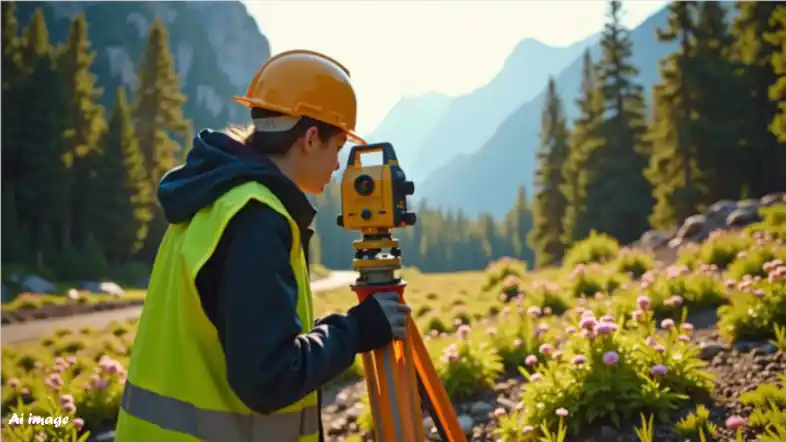
3. Apprenticeships and Alternative Routes
Apprenticeships
Degree apprenticeships allow you to learn on the job while earning a recognised qualification. This route is particularly useful for those who prefer hands-on experience over full-time study.
Internships
Gaining work experience through internships is invaluable. Consider volunteering with environmental agencies or applying for internships to build practical skills and industry connections.
How Long Does It Take to Become an Environmental Engineer?
The timeline to becoming an environmental engineer largely depends on your chosen educational and career path.
- Undergraduate Degree: 3-4 years full-time.
- Apprenticeships: Typically 2-3 years, depending on the program.
- Postgraduate Options: Master’s degrees take an additional 1-2 years.
- Job Experience: 3 to 5 years, leading to passing a professional interview and obtaining Chartered Engineer status with environmental institutions such as the Institution of Civil Engineers (ICE), Chartered Institution of Waste Management (CIWM), or Chartered Institution of Water & Environmental Management (CIWEM) etc.
Altogether, it may take 5-10 years to fully qualify, depending on whether you choose further education or practical training.
What Skills Do You Need to Be an Environmental Engineer?
There are various skills outside of formal qualifications that can come in handy when looking to work as an environmental engineer.
Key Hard Skills
- Technical Knowledge in environmental systems and engineering solutions.
- Mathematical skills to calculate quantities flows, loadings and stresses in order to size and cost the application of theoretical solutions so that they can be built.
- Data Acquisition Analysis to evaluate sustainability and pollution levels.
- Environmental Modelling using specialised software for project development.
Key Soft Skills
- Communication Skills to write reports and share findings clearly.
- Leadership and Teamwork to manage projects and collaborate effectively.
- Problem-Solving Abilities to tackle complex and urgent environmental issues.
These are all great skills to mention when applying for environmental engineer jobs, and should definitely be included in your cover letter.
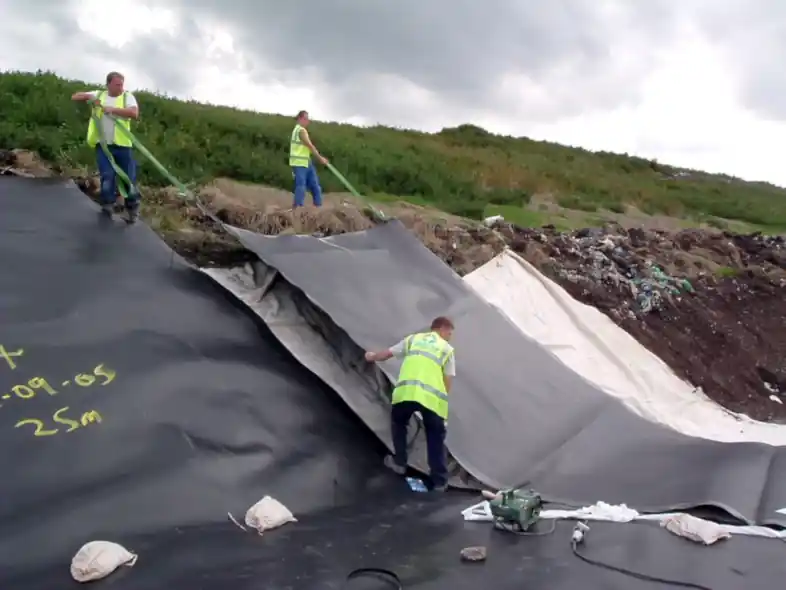
Job Description: What Does an Environmental Engineer Do?
So, what does an environmental engineer actually do? Here are some of the main elements of an environmental engineer job.
Core Duties
Environmental engineers are responsible for:
- Conducting assessments of environmental impact.
- Designing waste treatment systems for efficient recycling and disposal.
- Ensuring compliance with laws related to air, soil, and water protection.
Specialisations
Within the field, environmental engineers can specialise in:
- Water Treatment
- Air Quality Control
- Land Reclamation
- Sustainability Planning
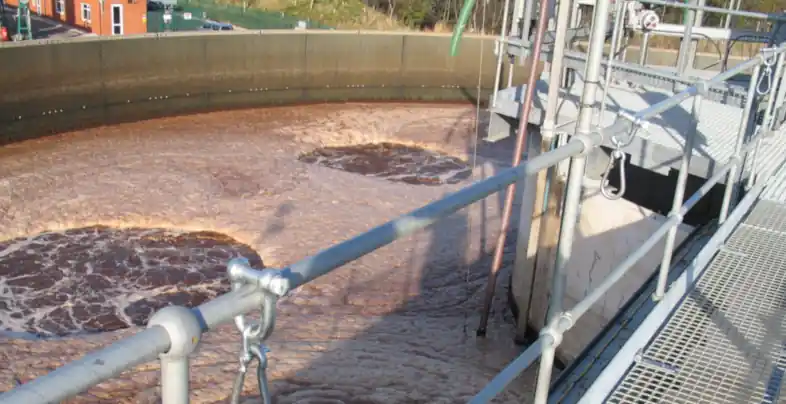
Salary and Job Prospects for Environmental Engineers in the UK
Knowing what to expect in a salary is an important part of pursuing a career, and being able to plan your life around expected growth.
Salary Expectations
- Entry-level positions offer salaries between £17,000 and £30,000.
- Experienced engineers can earn from £30,000 to £55,000.
- Senior roles and chartered engineers can command upwards of £90,000.
Job Growth
With increasing awareness around climate change and sustainability, demand for environmental engineers is expected to grow significantly. Job prospects are especially promising in sectors such as renewable energy and waste management.
Why Become an Environmental Engineer?
So, what draws people to become an environmental engineer, and why might it be the right choice for you?
Impactful Work
As an environmental engineer, you’ll contribute directly to tackling climate change and creating a greener future through tackling food waste and sustainable energy. Making a positive impact on the planet can be incredibly fulfilling.
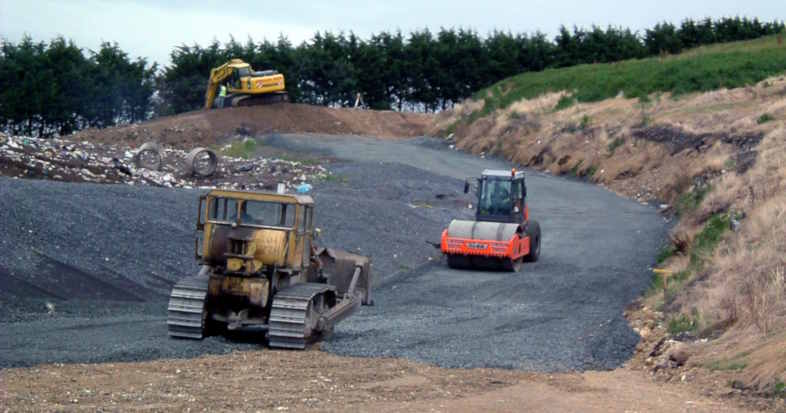
Job Stability and Career Growth
The demand for environmental engineers provides job security and numerous opportunities for progression. Whether you choose to specialise or move into management, career growth is almost guaranteed.
Work Environment
Environmental engineers enjoy diverse job environments, ranging from fieldwork to office-based consultancy roles. No two days are the same!
Take the First Step Towards a Fulfilling Career
Becoming an environmental engineer in the UK is a rewarding path that offers the chance to make a tangible difference to our planet. With the right qualifications, skills, and determination, you can build a career that combines science and engineering to solve global challenges.

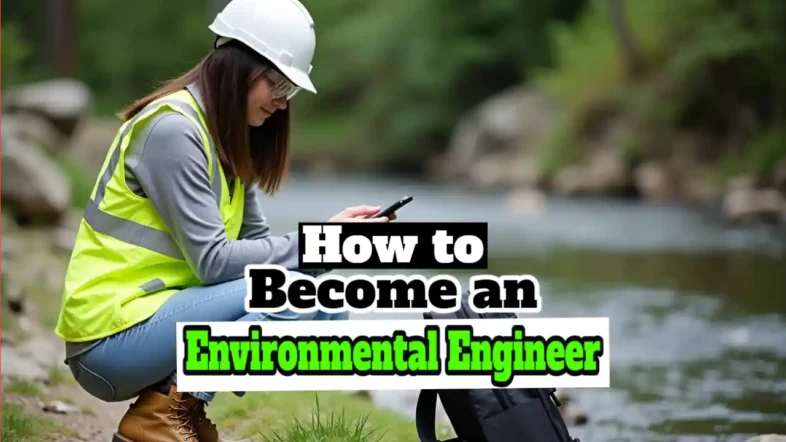



You must be logged in to post a comment.